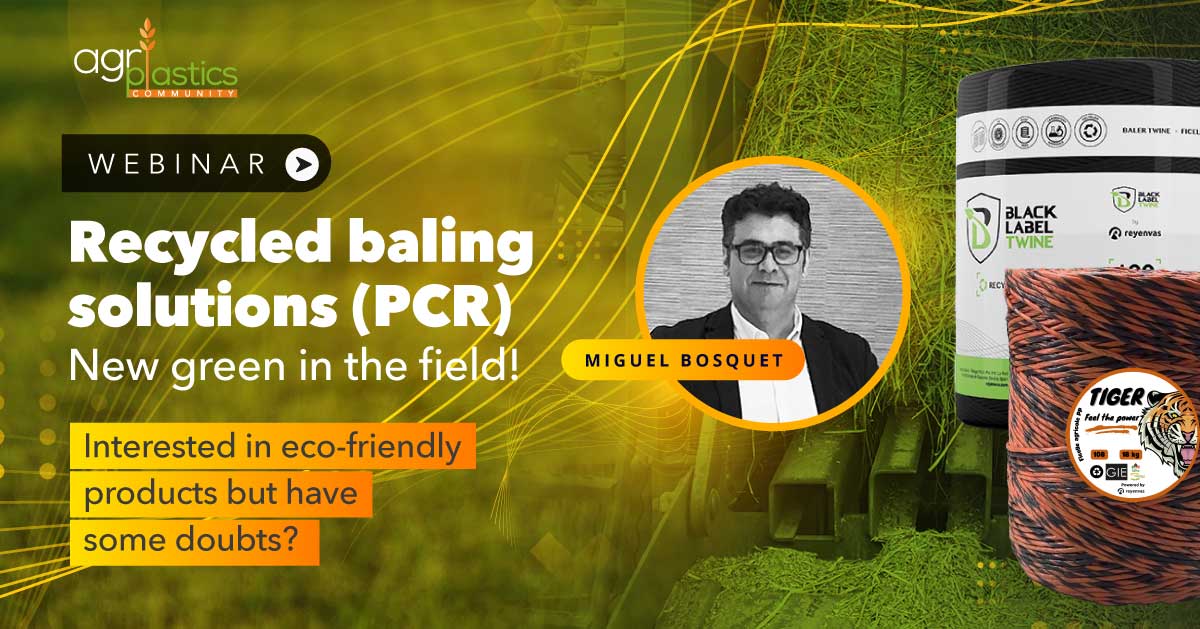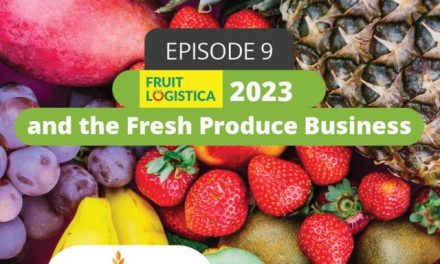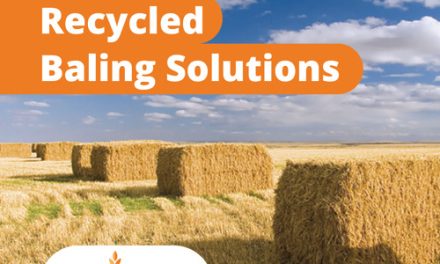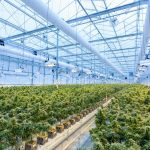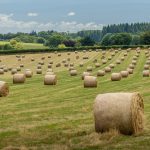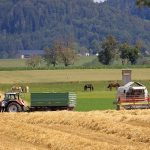
Recycling Agricultural Plastics Program

With the popularity of plastic materials designed to optimize agricultural processes globally, several programmes have been created and promoted to reduce the impact on the environment, make the process of disposing of these plastic materials easier once they have reached their lifespan and transform them into another type of raw material that is more environmentally friendly.
One of these programmes to reduce the impact of agricultural plastics on the environment is the Recycling Agricultural Plastics Program (RAPP). This programme is being developed in the State of New York with the support of local partners focused on collecting used plastic coming from farmers, who follow the RAPP guidelines to prepare their plastics for recycling.
What does the Recycling Agricultural Plastics Program imply?
According to information published on the website of Cornell Waste Management Institute, it is an alternative funded by the Department of Environmental Conservation of the State of New York, with the aim of developing sustainable means to enable farmers in that area to manage the agricultural plastics used in a more responsible and efficient manner, through recycling, reuse and recovering waste from plastics in agriculture.
The Recycling Agricultural Plastics Program seeks, based on its bylaws, to meet a series of objectives among which stands out being able to make this practice an extended activity throughout the New York region.
Additional benefits of the program
Through this program not only the community of farmers is integrated through this initiative, but it also helps producers become aware of the importance of recycling and optimizing the handling and subsequent disposal of those plastics that will no longer be used.
On the other hand, it increases the demand of the market for recovered agricultural plastics and promotes the extended responsibility of the producer, which is demonstrated by manufacturers and distributors of plastic products for agricultural use.
Another initiative -developed by the Recycling Agricultural Plastics Program- is the creation of a work team that is responsible for establishing the necessary connections between professionals related to the Cornell Institute and the rest of the parties involved. The purpose of the creation of this relationship is to determine:
- The main obstacles that may arise in the recycling process
- Analysing requirements
- Designing educational strategies and programs
- Proposing new alternatives to learn more about recycling and the subsequent disposal of plastic materials.
There are currently those who agree with the need to find other sustainable alternatives in the agricultural industry. As a result, different initiatives have emerged, such as this special program in New York or the use of biodegradable plastics.
As a result, there are options to manage taking advantage of all the benefits offered by agricultural plastics improving the efficiency, production and quality of crops, without a negative impact in the environment. These advantages offered by agricultural plastics translate into the possibility of serving a growing global population with growing requirements in terms of food production.
On the other hand, it is also interesting to see how agricultural plastics in cities such as Almería, Spain, have even managed to positively influence the environment. To learn more about this particular case, we invite you to read our post about the crops in Almería.

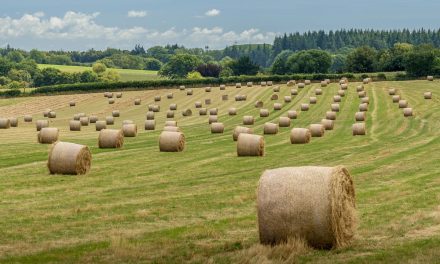
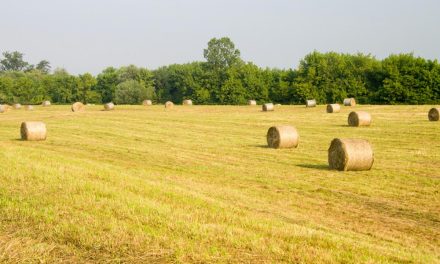

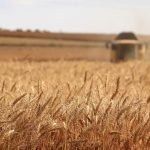
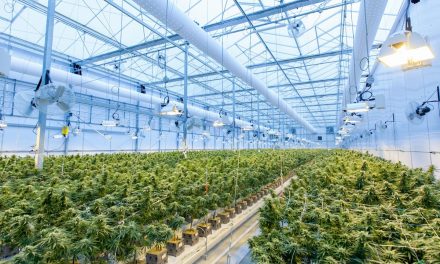
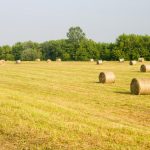

![[eBook] Sustainability and water management](https://agriplasticscommunity.com/wp-content/uploads/8_550x310_ENG-440x264.png)
![[eBook Trends in Agriculture Plastics] Increasing use of biodegradable mulch](https://agriplasticscommunity.com/wp-content/uploads/550 × 310_2_ENG-150x150.png)
![[eBook Trends in Agriculture Plastics] Reducing the plastic used in the manufacture of agricultural films](https://agriplasticscommunity.com/wp-content/uploads/550 × 310_1_ENG-150x150.png)



